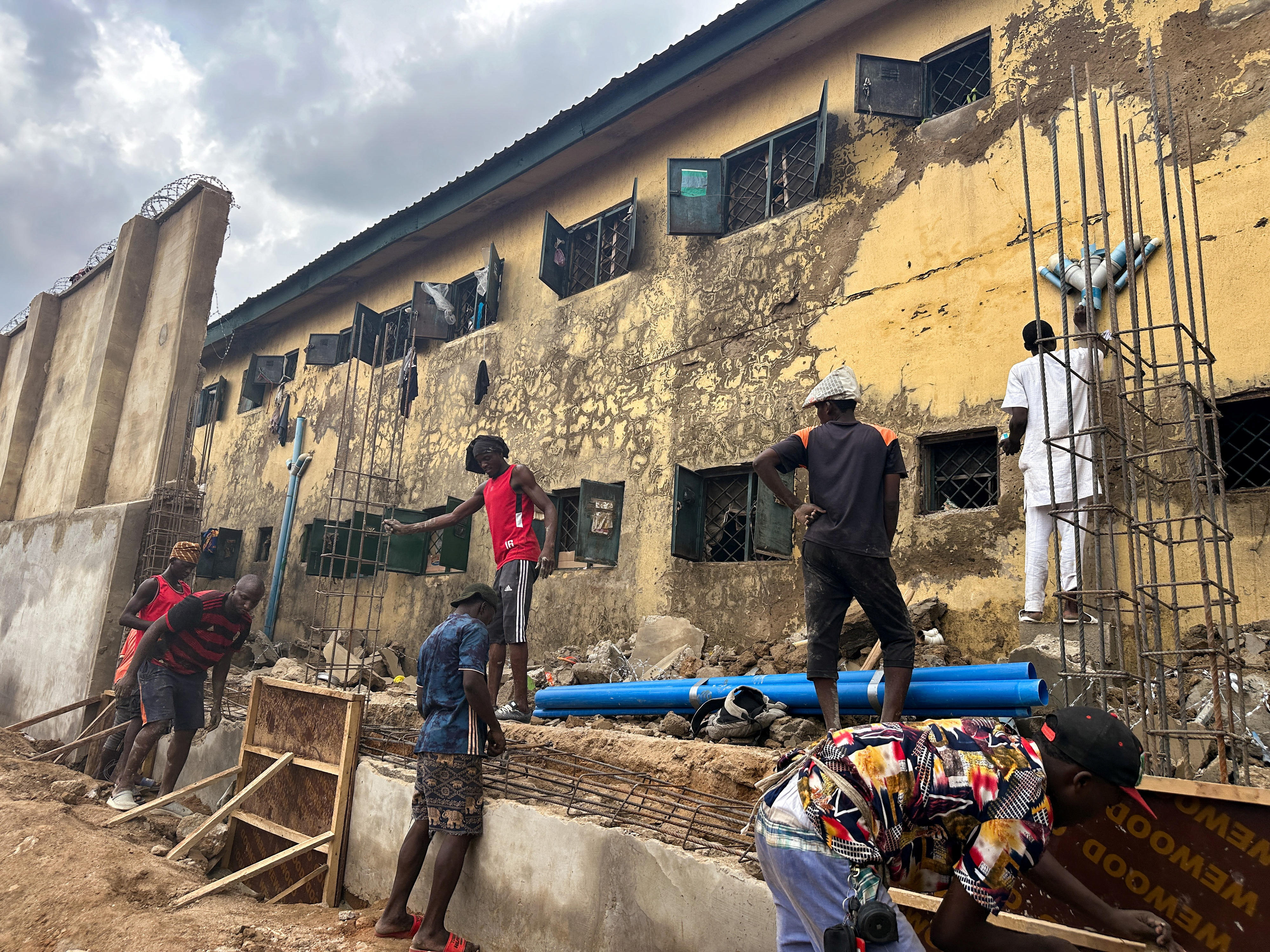Budaka registers 5,000 gender based violence cases in 9 months

Residents attend a dialogue on Gender Based Violence at Siwa Primary School in Nabuyoga Sub-county, Tororo District on November 22. Budaka District in Bukedi Sub-region has registered 5,016 gender-based violence cases since March. PHOTO | FRED WAMBEDE
What you need to know:
- Issue. The minister of Gender, Labour and Social Development, Mr Frank Tumwebaze, said GBV undermines human rights, social stability and security, public health, women’s educational and employment opportunities.
- “The GBV reduces productivity and drains public budgets. It has enormous direct and indirect costs for survivors,” he said.
Budaka District in Bukedi Sub-region has registered about 5,016 gender-based violence (GBV) cases in a less than nine months.
The Budaka District chairperson, Mr Samuel Mulomi, during the launch of the 16 days of activism against gender based violence last week, revealed that most of the cases were registered starting in March after the government imposed the coronavirus induced lockdown.
“This figure is the highest we have ever registered in the district but we have stepped up efforts to contain the situation by recruiting staff to handle GBV cases at various health centres,” Mr Mulomi said.
The launch of 16 days of activism against GBV was held at Budaka Saza Grounds under the theme “Orange the World; Fund, respond, collect and prevent GBV”.
Statistics from the Budaka District Health Office indicate that 1,975 teenage pregnancies were reported between March and September at the various health facilities.
The report also revealed 1,485 teenage deliveries were recorded at health facilities and about 243 teenagers contracted sexually transmitted diseases.
Mr Mulomi said cases of mental health-related conditions due to the sexual violence were also high among teenagers. As Uganda joins the rest of the world to commemorate the 16 days of activism against GBV, Mr Mulomi said the district is also committed to fighting vices through various interventions.
“The increase in GBV cases was due to economic hardships, negative social cultural and religious norms, poverty, and weak social protection systems, some of which we are trying to address,” he said.
The United Nations Women country representative, Dr Maxime Houinato, said: “Uganda has experienced significant spikes in violence against women and children.”
“Our partners should take action against gender-based violence by bridging funding gaps, ensuring essential services for survivors of violence, focusing on prevention and collection of data that can improve life-saving services for women and girls and building on the success so far,” Dr Houinato said.
He said despite the lifting of many containment measures, violence against women and girls has increased.





